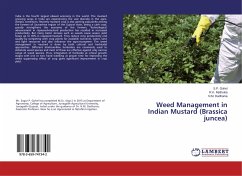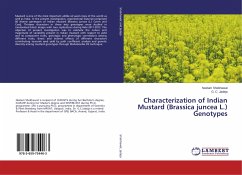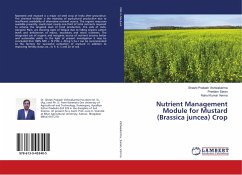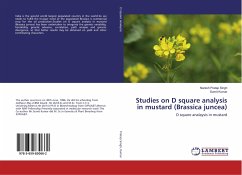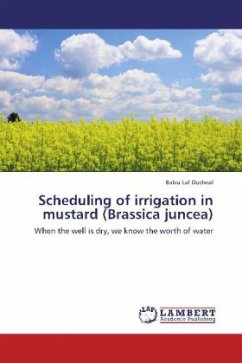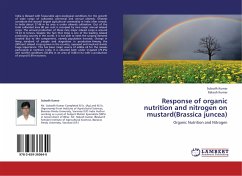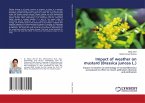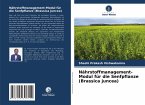India is the fourth largest oilseed economy in the world. The mustard growing areas in India are experiencing the vast diversity in the agro-climatic conditions. Recently mustard crop is also gaining popularity among the farmers of Saurashtra region of the Gujarat state, being a cash crop, greatly strengthens the economy of the farmers. Technological advancement in rapeseed-mustard production has resulted in increased productivity. But many biotic stresses such as weeds cause severe yield losses up to 45% in rapeseed-mustard. They reduce crop productivity and quality by competing with crop plants for available nutrients, water, land and light resources and also influence the agro-ecosystem. The weed management in mustard is done by both cultural and herbicidal approaches. Different dinitroaniline herbicides are commonly used to eliminate weed species and most of these are effective against only narrow range of weed species. Thus, integration of herbicide at critical growth stageswith one or two hand weeding at proper time for improving the weed suppressing effect of crop gives significant improvement in crop yield.
Bitte wählen Sie Ihr Anliegen aus.
Rechnungen
Retourenschein anfordern
Bestellstatus
Storno

